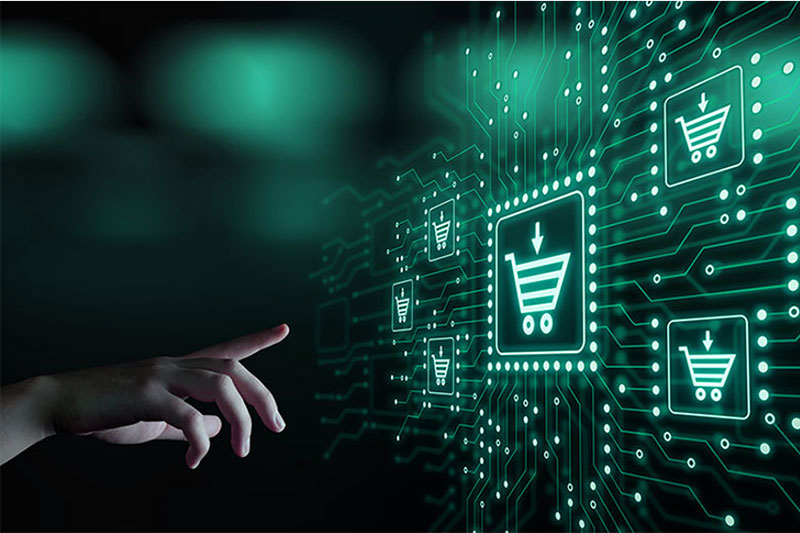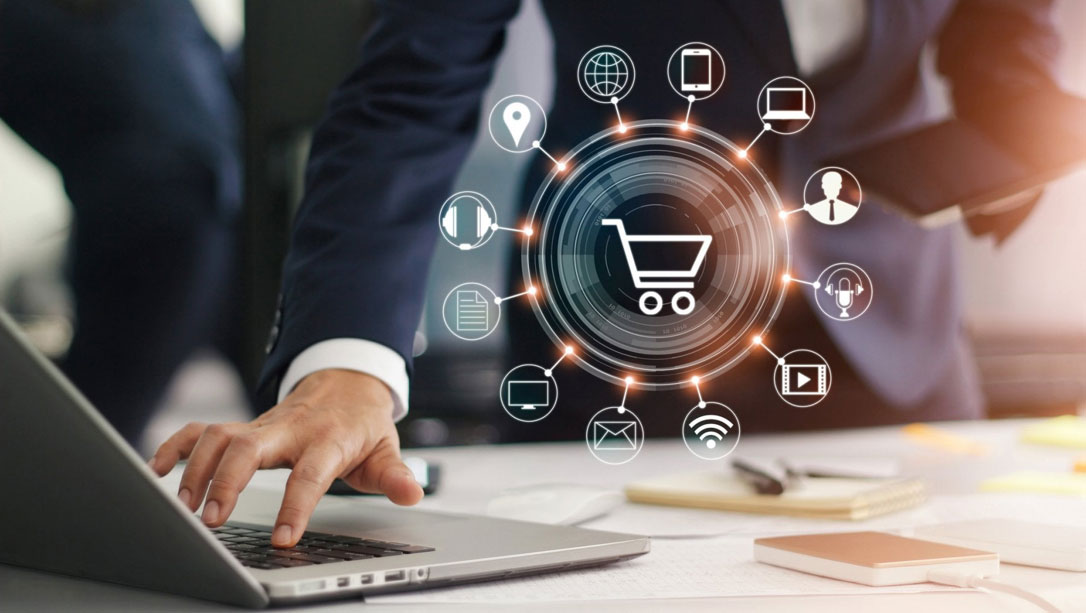In an age where digital technology and data analytics are omnipresent, the shift towards personalized shopping experiences marks a significant evolution in consumer engagement strategies.

This transformation transcends the boundaries of traditional retail, permeating various sectors such as banking, retail, sports betting, and travel. The essence of this shift lies in leveraging e-commerce technologies and data analytics to understand and predict customer preferences, thereby tailoring products, services, and experiences to meet individual needs.
This article delves deep into how these industries are harnessing the power of personalization to enhance customer engagement and boost sales.
Banking: Customizing Financial Experiences
The banking industry is at the forefront of adopting data analytics to transform the customer experience. Financial institutions collect vast amounts of data from transactions, customer interactions, and social media to gain insights into individual customer behaviors and preferences.
This data-driven approach enables banks to offer personalized financial advice, tailor loan and credit offerings, and create targeted marketing campaigns. For example, by analyzing spending patterns, a bank can offer personalized budgeting advice or savings products that align with the customer’s financial goals. This level of personalization not only enhances customer satisfaction but also fosters a deeper sense of loyalty and trust towards the institution.
Retail: Revolutionizing Shopping With Personalization
In the retail sector, e-commerce technologies have catalyzed the shift towards personalized shopping experiences. Online retailers utilize cookies, browsing history, and purchase data to build detailed customer profiles. These profiles inform personalized product recommendations, targeted advertisements, and customized promotional offers.
The result is a shopping experience that feels bespoke to each customer, making them more likely to make a purchase and return in the future. The sophistication of these technologies means that customers are often presented with products they didn’t even know they wanted, enhancing discovery and satisfaction.
In-store Personalization: Integrating Online Insights

The integration of digital technologies in physical stores is revolutionizing the in-store shopping experience. Retailers are employing RFID tags, IoT devices, and mobile apps to offer personalized services such as mobile checkouts, tailored discounts, and personalized shopping assistance.
For instance, a customer who frequently buys organic products online might receive notifications about organic product promotions while navigating through the store’s aisles. This blend of online and offline data creates a cohesive and personalized shopping journey, elevating customer engagement and loyalty.
Sports Betting: Custom Promotions and Analytics
The sports betting sector illustrates the effective use of personalization through data analytics to engage customers and drive participation.
North Carolina sports betting promos are an example as the state of North Carolina is about to legalize online sports betting. Promos can be tailored to customers based on analytics, or sportsbooks can offer first-time customers better incentives to sign up as customers.
This could involve analyzing betting histories to offer customized bet suggestions or creating personalized promotional offers that incentivize user engagement. Such targeted strategies enhance the user experience, making betting more engaging and potentially more rewarding for the customer.
Travel: Tailored Itineraries and Offers
In the travel industry, personalization extends beyond mere booking convenience. Travel companies are utilizing data analytics to offer personalized travel itineraries, accommodation recommendations, and exclusive deals based on the traveler’s preferences and past behavior.
This could mean suggesting a boutique hotel to a traveler who prefers unique lodging experiences or offering a special deal on a flight to a favorite destination. This level of personalization not only makes the travel planning process more efficient but also ensures that each trip is tailored to the traveler’s desires, making each journey unforgettable.
Conclusion: The Future of Personalization Across Industries

The integration of e-commerce technologies and data analytics is not merely a trend but a paradigm shift in how businesses engage with their customers across various industries. Personalization stands at the core of this transformation, offering a pathway to deeper customer connections, enhanced satisfaction, and increased loyalty.
As these technologies continue to evolve, the scope and depth of personalization will expand, offering even more nuanced and individualized customer experiences. This evolution promises a future where every interaction with a business is tailored to the individual, making every customer feel uniquely understood and valued.
The challenge for businesses will be to balance the use of data with privacy concerns, ensuring that personalization enhances the customer experience without overstepping boundaries. Success in this arena will not only require technological innovation but also a deep commitment to ethical data use and customer-centric strategies.
In this rapidly changing landscape, those who master the art of personalization will undoubtedly lead the way in redefining consumer engagement for the digital age.









